
Engrish is a slang term for the general misuse of the English language by Asian natives. Jingrish, more specifically, refers to the Japanese signs, slogans and instructions in English that are misspelled, misworded, or sometimes, utterly nonsensical. One of the most endearing example of this is the Internet meme phenomenon Doge in which a picture of a Shiba Inu was surrounded by her inner monologue written in English but, unintentionally, a little “off.”
This may sound like it’s a mockery of their ability to speak or write English at the native-like level. But it’s similar to tattoos of Chinese or Japanese characters you see in the U.S. It might be trendy and cool to have Chinese/Japanese characters tattooed where they are visible for all. But if you don’t get it quite right it just becomes mysterious or arbitrary marks.
One time I saw a girl at a rock concert, who I’m guessing, meant to have the character “Strength” tattooed on the back of her neck. But since a wrong character was used, it just said “ka” in Japanese, which could mean “mosquito.” I suppose she could have been an entomologist? Most likely not.
Uses of English in Japan
In Japan, it’s a trendy practice to add English text on product packaging, advertising, clothing, pretty much on all consumer goods. Sometimes, the English used on these products is a little off or just simply grammatically incorrect. In some cases, though, it could just be the true zany personalities of Japanese people coming through.
When English used as fashion statement or in an advertisement is wrong, it’s just amusing and silly, and maybe even purposefully so. But when you are visiting in Japan, you see Engrish/Jingrish in the warning or instructional signs at the tourist spots. You know they are not trying to be fashionable or zany on purpose then. A++ for effort for trying to cater to the needs of the foreign travelers, however! English is hard.
Examples of Engrish/Jingrish
Finding Engrish/Jingrish has become one of our favorite pastime as we stroll through the streets of Japan. Here are some of the examples that we saw that caused us to stop and wonder what they were really trying to say or what they were going for:
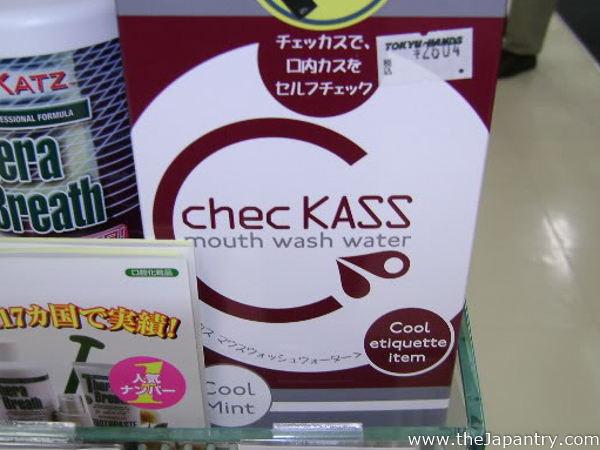
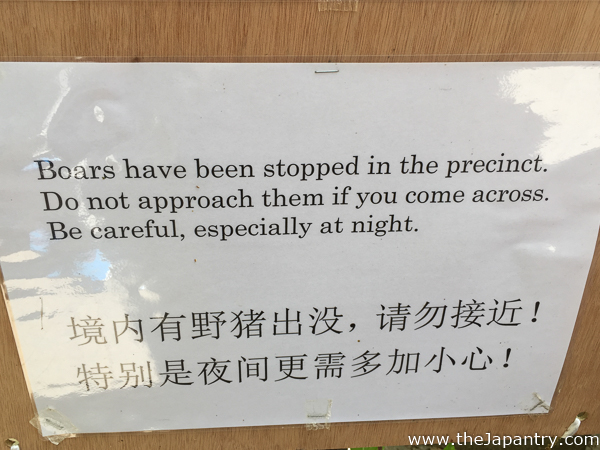
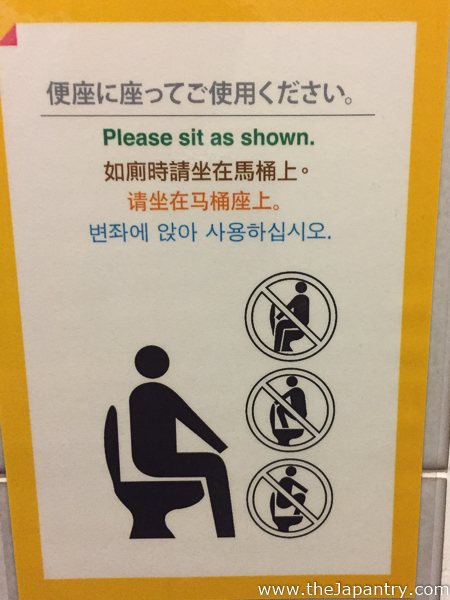
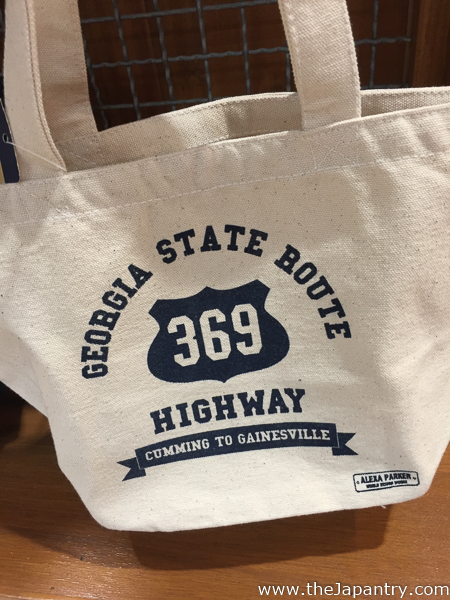
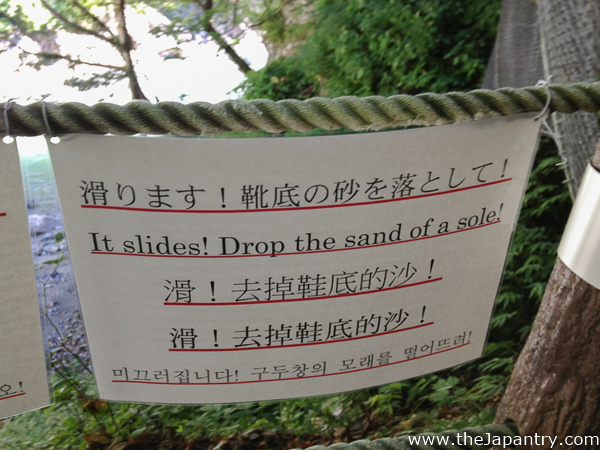
Sadly, you see fewer and fewer of these signs in Japan as foreigners are visiting Japan at all-time record numbers and Japanese businesses are using more professional services to translate their signs and slogans. (Although use of automated translation programs has caused more epically botched translations!) Plus, they are probably sick and tired of having the signs with incorrect English pointed out or made fun of by the visitors.
Tell us about any Jingrish signs you spotted (or stopped) in Japan in the comments below!
Related Posts
12 Japanese words you should know when visiting Japan
You just scheduled your dream vacation to Japan! You are filling your itineraries with…
May 13, 2019How to pronounce the ‘R’ in Japanese
Just as R’s in English are hard to pronounce for the Japanese natives, the…
February 16, 2019


Leave A Comment